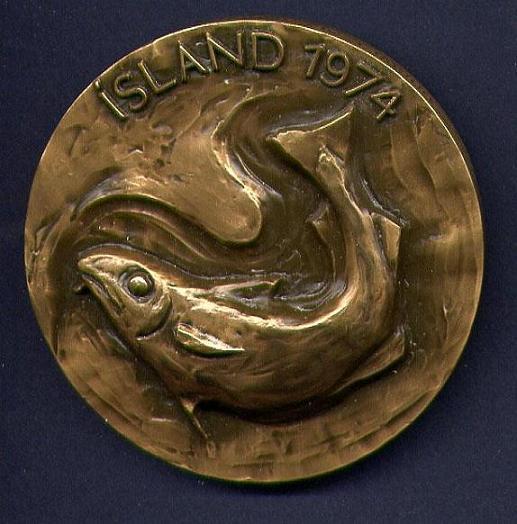Submarines: the Only, Survivable Warships off the Atlantic Coast, the Baja Peninsula, in the Arabian Gulf or the Yellow Sea
Quoting an anonymous 688 class submarine sailor criticizing my recent posting about the tragic USS Minneapolis-St. Paul accident, "Submarine crews are fairly streamlined as it is."
Consider that the USS Minneapolis-St. Paul withdrew from Plymouth Harbor in the UK leaving behind all four of the crew members directly involved in the accident (two deceased and two hospitalized at the time). Imagine mission protocols necessitating continuing underway after loss of key crew members like the submarine's Chief of the Boat and one of its sonarmen. Could we also be at war in the Atlantic Ocean? The U.S. submarine fleet seems taxed to meet undisclosed requirements of secretive, cold-war like missions in the Atlantic. Submarine operations are always silent and strange.
Fast forward to 03 Jan 2007, WASHINGTON -- from column by Loren B. Thompson , chief executive officer of the Lexington Institute, Arlington, Va.- The U.S. Navy is planning to launch a major outreach effort this year to reacquaint the nation with its maritime needs. Submariners have been major losers in recent years. Submarine admirals have all but disappeared from the ranks of senior military leaders. The United States also faces the prospect of a decline in submarine numbers beginning within the next ten years, as existing attack subs begin phasing out at twice (three or four per year) of new construction. Phase out is necessary because subs reaching maximum service lives on their nuclear reactors must be retired.
Reasons you might care:
1) Soon, submarines may become the sole type of U.S. warship that can survive hostile action in places like the Arabian Gulf or the Yellow Sea. These potential battlespaces are becoming much more dangerous for surface vessels. Without adequate submarine patrols the United States will lack its most effective tool for countering China's and Iran's submarines, for instance. The U.S. submarine fleet is currently projected to shrink to its fewest units just when their obvious relevance becomes most pressing.
2) Submarines are rare among reconnaissance assets able to act instantly on information they collect. Submarine cruise missiles can strike repeatedly within a thousand mile range with near pinpoint accuracy. Their torpedoes can sink ships transporting weapons of mass destruction, and the elite teams they transport conduct a diverse array of covert missions.
3) Submarines are often the only intelligence-gathering assets with sufficient stealth and persistence to get within range of al-Qaida and North Korea. Most submarine missions in the Central Command are dedicated to eavesdropping on satellite phones and other terrorist communications. Centcom has recently increased demand for submarine intelligence gathering.
4) Talk to just about any ex-submariner. A key reason these people sleep well is because they, unlike most of the public, realize the significance of the Silent Service's actual missions to our national security. Current submariners rarely sleep as well as you or I, because their voluntary sacrifice to accomplish these missions is 24 x 7.


4 Comments:
I dunno, I see the scarcity of submarines as a reason to lose sleep. Submarine crews have always done whatever it takes to accomplish their missions. However, we're rapidly getting to the point where there aren't enough boats to be everywhere they need to be.
BoomerRider
Exactly my point, BoomerRider!
Please avoid using the term "Arabian Gulf" as it was created by Arab nationalists as a racist political attack towards the Persians. The correct name for that body of water is the Persian Gulf. Using the other name is political, racist and offensive to the 70 million Persians who inhabit the Gulf area. Thanks!
Anonymous, although, I do not bow to the UN's fantasy authority, it seems you are correct on usage for a reason you failed to mention: historic usage.
I will cede to history and alter the post, Chap.
Both terms are controversial to one side or the other, as well as potentially inflammatory.
Starting with Gamal Abdel Nasser and proponents of pan-Arabism (early 60s), Arab states often used the name Arabian Gulf for the Persian Gulf, even in their English publications. Outside the Arab world this is both rare and not recognized by the UN.
Post a Comment
<< Home